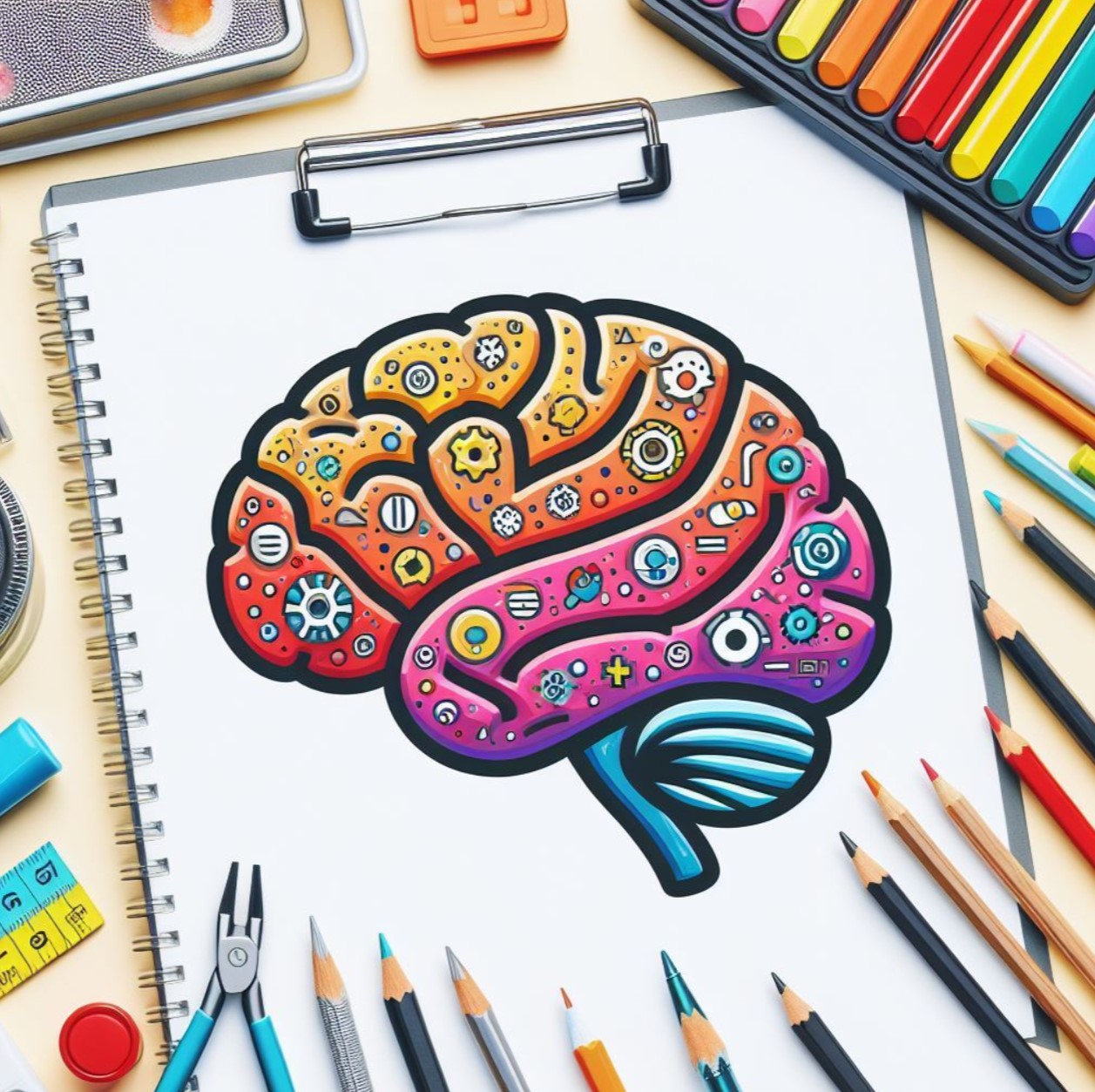Do Children Outgrow ADHD by Age 21?
If you’re a parent of a child with ADHD, you’ve likely wondered whether their symptoms will fade by early adulthood. The question of whether ADHD can be outgrown is complex, but research offers clarity: ADHD is not a condition children simply “outgrow.” While symptoms may evolve or enter periods of remission, the neurological underpinnings of ADHD often persist, requiring lifelong strategies for management135.









